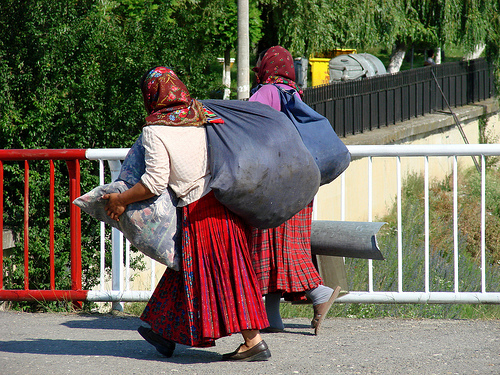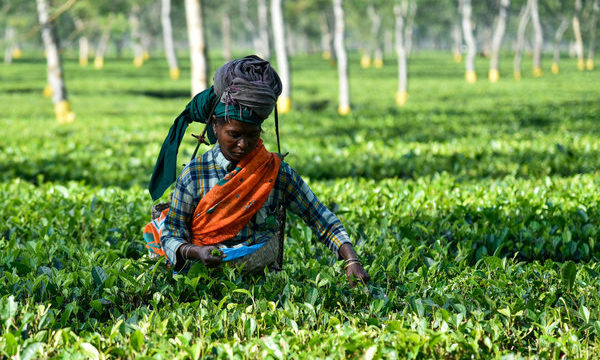It's always struck me as ironic that a number of Hollywood film stars are happy to be credited with being 1/4 (1/8, 1/16th…) Native American but its not so positive to be more full-blooded Native American, in terms of your social status, health or life opportunities in the US.
And if you substituted gypsy or Roma or “traveller” (a UK term) into those same actors’ ethnic mix, you wouldn’t even get claims for 1/8.
AS part of its fight for human rights, the Anne Frank museum, Amsterdam, which I visited 2 weeks ago, featured the plight of Roma in Hungary who are being pressured by Far Right groups, in their interactive debate for visitors. Daily, visitors are presented with current TV news items, linked to human rights, and asked to vote yes or no to a proposition.
I was in Amsterdam to attend EUPHA 2010. A speaker, Daniela Bobokova, presenting in the Health Inequalities session, dispelled thoroughly another preconceived idea about Roma…that they are drunks. “In Central Europe, it is thought that Roma drink more, smoke more and generally have more risky behaviour”, she said. Her talk focussed on binge drinking, comparing Roma and non-Roma adolescents in Slovak Republic, a country where Roma make up 7% of the population.
She demonstrated conclusively that their (Roma) tight knit family networks frowned on drunken behaviour amongst the young, and in fact being Roma was a protective factor against binge drinking (12.4% Roma adolescents reported being drunk cf 19.6% non-Roma). Peers who drank regularly and a lack of parental monitoring increased the probability of binge drinking but not ethnicity or gender. Whether Roma or non-Roma, male or female, what mattered was if your friends drank to excess and your parents didn’t know where you were or what you were up to.
Roma culture was protective because it showed higher levels of both positive peer influence and parental monitoring. Strategies to reduce binge drinking that involved peer influence and parental monitoring could be applied to ethnic minority groups.
The only negative aspect for alcohol for Roma was that their belief in fate meant that they don’t think alcohol affects their health but that’s another issue.
In otherwords, Roma adolescents don’t drink any more than anyone else (and probably less).
Below are just a handful of the records on Roma public health found in Global Health. Roma people from Central and Eastern Europe suffer some of the worst health conditions in the industrialized world.
Also of interest is that BBC Radio4 is currently running a series of dramas centred around travellers in the UK: use this link to find out "the truth about travellers".
References
- Treatment of abused women from the national minorities – partial account. Statens Folkhälsoinstitut, Rapport A 2010 No. 6 pp. 69 pp. [FULLTEXT available on Global Health]
- Socioeconomic indicators and ethnicity as determinants of regional mortality rates in Slovakia. International Journal of Public Health 2009 Vol. 54 No. 4 pp. 274-282
- Access to health care for Roma children in Central and Eastern Europe: findings from a qualitative study in Bulgaria. International Journal for Equity in Health 2009 Vol. 8 No. 24 pp. (30 June 2009)
- Vulnerability to drug-related infections and co-infections among injecting drug users in Budapest, Hungary. European Journal of Public Health 2009 Vol. 19 No. 3 pp. 260-265
- Minority health and small numbers epidemiology: a case study of living conditions and the health of children in 5 foreign Romá camps in Italy. American Journal of Public Health 2008 Vol. 98 No. 11 pp. 2035-2041
1 Comment
Leave a Reply
Related News & Blogs
A planetary health diet: kind to your body, animals and the planet
We need to eat much less meat By Jennifer Cole, Royal Holloway, University of London It has long been clear that certain foods and dietary choices are not good for human health, but there is now increasing evidence that they can also be bad for the hea…
25 January 2019




This adds some more light to the truth behind the Roma people. I think that if society actually examines some of the common beliefs of these people, then we will see that there are indeed many misconceptions about their lifestyles and habits.